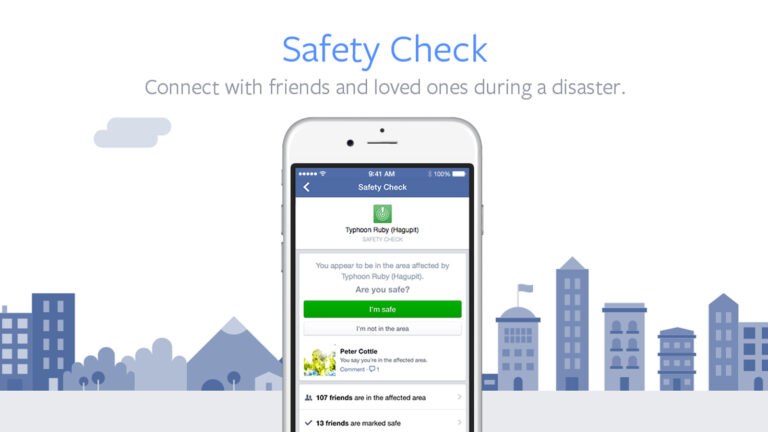You already know about Waze, the wildly successful Israeli app that uses crowd-sourced info to guide you where you need to go in the best possible manner.
Now, researchers from two Israeli universities are part of an international team that put three years of analysis into developing a method that relies on Twitter tweets to collect information regarding transportation problems.
Spread the Word
• Email this article to friends or colleagues
• Share this article on Facebook or Twitter
• Write about and link to this article on your blog
• Local relevancy? Send this article to your local press
“The ability of social networks to produce information on heavy traffic, road hazards, availability of public transportation, and more, is a valuable tool for decision makers,” said Tsvi Kuflik, head of the information systems department at the University of Haifa and one of the authors of this study.
Twitter is the second most popular social network (next to Facebook), allowing users to post, or “tweet,” messages no longer than 140 characters. Approximately 1 billion tweets go online every week. The volume of messages, and their brevity, makes them ideal for extracting information easily.
Along with fellow researchers from Britain and Italy, the Israelis suggest transportation planners should be ready to analyze tweets posted after mass events, like sports matches, as a novel and accurate way to gather and disseminate data on transportation snafus including heavy traffic, “bottlenecks,” safety hazards and the availability of public buses and trains.
Their study was published the first week of September in the journal Procedia Social and Behavioral Sciences, and was presented at the 16th Euro Working Group on Transportation in Portugal.
The three year study began in 2011, led by Susan Grant-Muller from the Institute of Transport Studies at the University of Leeds and funded by the Worldwide Universities Network (WUN). Participating researchers included Kuflik, Einat Minkov and Itai Schor from the University of Haifa; Ayelet Gal of the Technion-Israel Institute of Technology; and Silvio Nocera from the University of Venice.
Tweets from soccer spectators
The group chose to focus their study on days when the Liverpool soccer club was hosting matches. They devised a method to examine tweets hours before and after the games, and to winnow out the ones related to transportation issues sent by road users — not by transport authorities.
These 1,100 tweets were then categorized according to specific subjects. Fully 900 of the messages were found to be related to problems experienced by users as a direct effect of the games going on at Liverpool.
About half of the complaints concerned the quality of service of public transportation — crowded buses and trains, availability, accuracy of schedules and long travel times. Approximately one-third of the tweets were posted by people looking for rides or seeking advice about the best means of transportation to their destination. Some 16 percent of the messages were reports of unusual events, such as accidents.
“Our research shows that the information people tweet on Twitter is an ‘information gold mine’ that has not been used yet,” the study concluded. “Correct identification of relevant tweets from Twitter can provide firsthand information about the problems, complaints and customer expectations — in our case, of the citizens themselves — and enable policy makers to better plan the steps they need to take.”

















